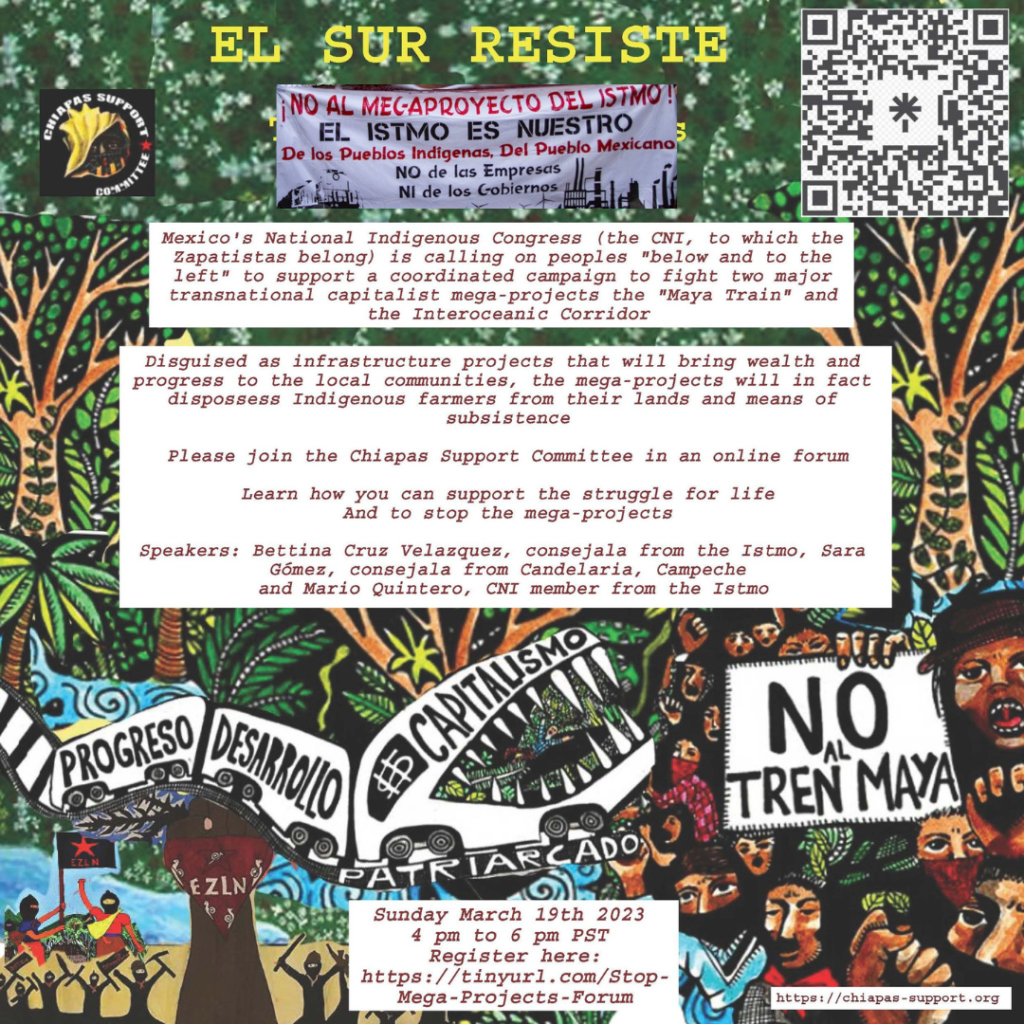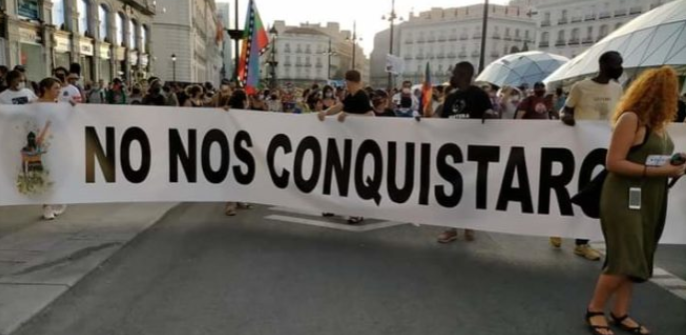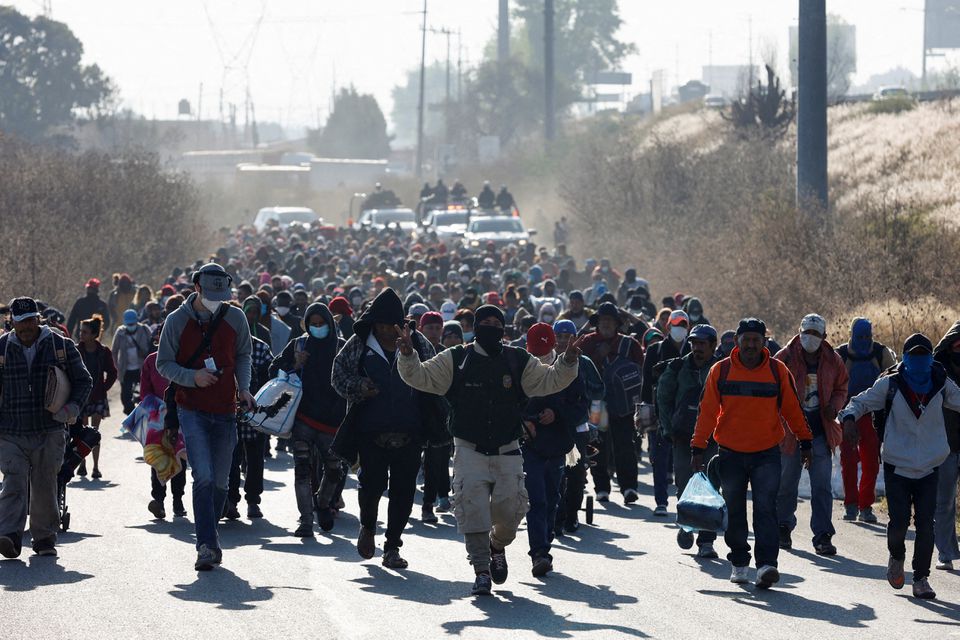Gilberto López y Rivas The principle of self-determination, understood as the right of peoples and nations to freely choose their political, economic and cultural regime, including the formation of an independent state, and to resolve all questions related to their existence, was consolidated as a fundamental element of the international legal framework, at least formally, after World War II, when the Charter of the United Nations specified the equal rights of nations and the self-determination of peoples. The principle of self-determination is enshrined in several international documents, such as the Atlantic Charter of 1941, the United Nations Declaration of 1942, …
The Right to Self-Determination of Peoples and Nations – Part I READ MORE »





